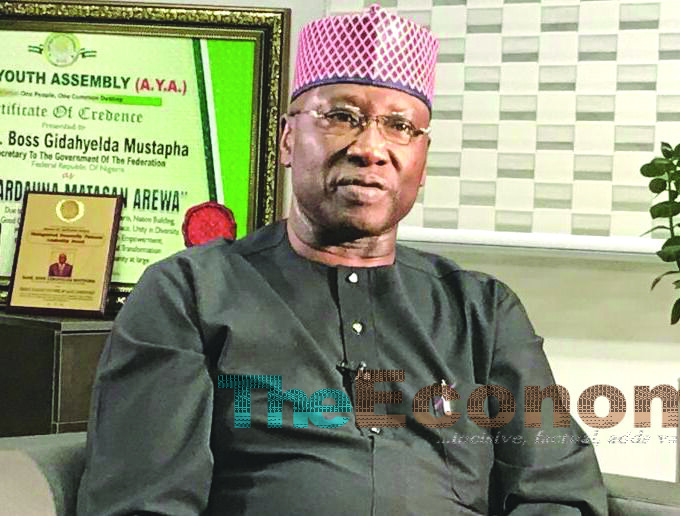
The Presidential Task Force on Covid-19 has warned states planning to fully reopen schools to be guided by the experience of countries like the United States, the United Kingdom, Germany and France.
The PTF, however, said it was not against the preparations by some states to fully reopen schools.
Schools in the country had been shut in March as part of measures to curb the spread of the coronavirus disease.
However, the Federal Government announced the resumption of students in exit classes effective August 4, 2020, to write this year’s West African Senior School Certificate Examination from August 17, 2020, through September 12, 2020.
Subsequently, Lagos State Governor, Babajide Sanwo-Olu, said on August 29 that primary and secondary schools in the state would tentatively fully reopen from September 21, 2020, while tertiary institutions in the state would also reopen from September 14, 2020.
But speaking during the 62nd joint national briefing of the Presidential Task Force (PTF) on COVID-19, the Secretary to the Government of the Federation (SGF), Boss Mustapha, warned states against reopening schools. According to him, as Nigeria perfected plans to re-open more sectors, everyone must support the winning strategy which was anchored on the ability of health institutions to contain the virus. “It is in the above context that the PTF appreciates the on-going calls for re-opening of the education sector and indeed some sub-nationals are already making preparations for such.
“Whilst the PTF does not discourage making such preparations, we need to be guided by experiences from countries such as Germany, France, the United States and the UK where the opening of schools in some cities led to an increase in confirmed cases and fatalities,” Mustapha said.
He also noted that the task force would be submitting the seventh Interim Report to President Muhammadu Buhari and would be guided by his directives on the next phase.
Mustapha said that the decisions and approval would be transmitted at the national briefing on Thursday, September 3, 2020.
He said that as Nigeria enters the last few days of the extended eased lockdown phase of its national response this week, the PTF, like the global community was confronted with a series of emerging new developments around the characteristics of the COVID-19 pandemic.
“The PTF has also observed that from the point the global numbers entered the 20th million, growth in cases has been on the average of a million cases every four to five days. This is a trend that deserves a lot of attention and the PTF is doing that. “For us in Nigeria, the last three weeks have shown a slowdown in the number of confirmed cases. Indeed, in the last four months of testing, the lowest daily figure of confirmed cases, 138 was reported on August 30, 2020,” he added.
Meanwhile, the Academic Staff Union of Universities (ASUU) has warned the Federal Government to be wary of possible negative consequences of reopening schools.
Addressing a press conference at the Olabisi Onabanjo University, Ago-Iwoye, Ogun State, the Lagos Zone of ASUU warned that reopening of tertiary institutions without taking concrete steps to address myriad of challenges would be suicidal.
The Zonal Coordinator, Professor Olusiji Sowande said that it was not enough to have the students back on campuses but that the atmosphere and conditions must also be right.
It would be recalled that public universities have been on strike for long, meaning that even if the federal government approved their reopening, students would have to remain at home until the stalemate was resolved.
Professor Sowande said some of the problems in public universities included inadequate hostel facilities and crowded classes, saying the institutions also lacked water and electricity supply.
“The response of the public universities to the call by the National Universities Commission (NUC) for their readiness to reopen indicated that public universities are not ready.
“Presently, hostel accommodations are inadequate, no facility on ground to carry out physical in large and crowded classes, water and electricity supply are not reliable.
“Reopening tertiary institutions without taking concrete steps to address these issues would be suicidal. While the government made arrangements for special bailout funds for airline operators and other private entities, no such arrangement was made for public universities. Therefore, the government should be ready to take responsibility for any possible negative consequences after reopening of universities,” he said.
On the ongoing strike, Sowande said the union had written to relevant government agencies with a view to finding steps to put an end to the industrial action.
“It seems to us that some government officials are benefiting from the prevailing situation. We demand that the OAGF must immediately remit all illegally withheld check-offs and other third party deductions with accrued interests,” Sowande said.


